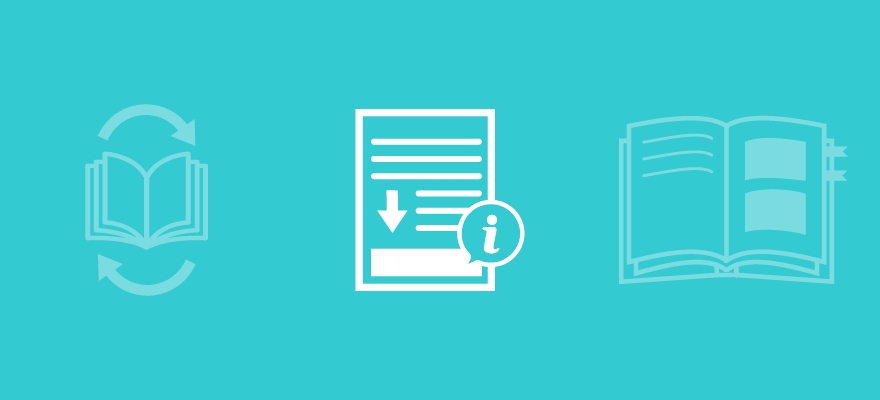Harvard Referencing guides
This is the University style of Harvard Referencing and all Subjects using Harvard should follow the style guides below.
This recorded powerpoint introduces the basic principles of how to reference using the Harvard referencing style.
Liverpool Hope Harvard Referencing Quick Guide 25-26 - includes the top 6 most referenced types of resources and a quick A-Z guide of all the types of resources that you will need to reference. If you cannot see an example for a particular type of resource you require then please email AskaLibrarian@hope.ac.uk and we will include it in our next update.
Liverpool Hope Harvard Referencing Detailed Guide 25-26- a detailed guide giving fuller information for each type of reference. If you have a question, check this guide first.
Liverpool Hope Harvard Referencing Principles Guide 25-26 - a guide to show you the importance of referencing and the principles that underpin Harvard Referencing
Referencing Generative AI (GenAI) sources in your work gives clear guidance on all the major referencing standards on how to referencing using AI tools
Other types of Referencing for subjects that do not use Harvard:
History Referencing Guide
Law referencing guide
APA Style 7th Edition Short Guide Further advice and other examples are available from the APA Style website
Theology, Philosophy & Religious Studies Referencing Guide
As a student you may wish to photocopy, scan, or download information from books, journals, and online resources. You may also want to reuse material in your assignments. This material will almost certainly be covered by copyright. Copyright protects the expression of an idea as it is recorded, but not the idea itself. It protects materials like literary, dramatic, artistic or musical works, sound recordings, broadcasts and films.
Under UK law, it exists automatically on creation; it does not need to be registered. The copyright symbol © indicates that a work is protected, but it is not essential, and works created in the UK are still protected without it.
What can I copy for personal use?
You can legally copy very little for your own use. However, copyright law makes exceptions that allow individuals to copy a very limited amount of material to enable them to undertake:
- Private study
- Non-commercial research
- Criticism and review (provided the work has been lawfully made available to the public and the work must be sufficiently acknowledged)
Notices from the Copyright Licensing Agency (CLA) are situated by the printers and copiers in the University and offer guidance on the amount of copying that is permitted. Our CLA license enables students to copy and reuse content from print and digital publications, as outlined in this Copyright Quick Guide
You can copy up to the following amount for each course, or other individual purpose, whichever is the greater:
- 1 whole chapter from a book
- 2 whole articles from a journal issue
- 1 whole scene from a play
- 1 whole paper from a set of conference proceedings
- 1 whole report of a single case from a volume of judicial proceedings
- 1 short story, poem or play (not exceeding 10 pages in length) from an anthology
Or 10% of the total publication.



